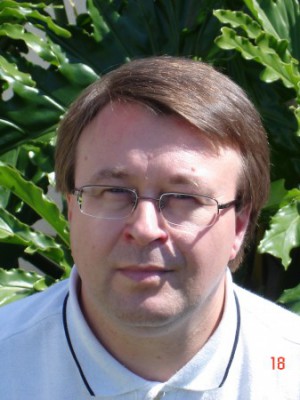abstract
In order to close the water cycle in pulp mills with condensates instead of fresh water, the malodorous/hazardous volatile compounds and colored substances have to be removed by appropriate efficient methods. In the present work, the condensate from the evaporation of black liquor (BL) from a kraft mill was purified by a batch adsorptive process by means of commercial activated carbon (AC). The effluent was found to contain a wide range of aromatic and organosulfur volatile compounds, including toluene, ethylguaicol, syringaldehyde, dimethyl disulfide (DMDS), dimethyl trisulfide (DMTS), 2,3-dimethylthiophene, benzothiol and benzothiophene derivatives. Methanol was the major volatile organic component in the condensate (201 mg l(-1)), which was, however, poorly adsorbed on the AC surface. Aromatics and organosulfur contaminants were adsorbed almost completely in 2-5 min at 23 degrees C under the optimized AC load (900 mg l(-1)). The treatment allowed the elimination of up to 99% of the obnoxious odor, color and turbidity of the condensate. The adsorption equilibrium followed the Langmuir model and the pseudo-second-order kinetics. The new process could be incorporated in the pulp mill with relatively low additional reagent costs.
keywords
SULFUR-COMPOUNDS; METHYL MERCAPTAN; REMOVAL; AIR; SURFACE; DIESEL; WATER
subject category
Forestry; Materials Science
authors
Gamelas, JAF; Rebola, SM; Evtyugina, MG; Esteves, VI; Evtuguin, DV
our authors
acknowledgements
This work was developed within the scope of the project N-GENPULP POCI-01-0247-FEDER-011322 (ref. AAC n.o 16/SI/2015) financed by the Incentive System for Research and Technological Development - Compete2020 and co-financed by FEDER under the PT2020 Partnership Agreement. The financial support of CICECO-Aveiro Institute of Materials, through the project POCI-01-0145-FEDER-007679 (FCT Ref. UID/CTM/50011/2013), financed by national funds through the FCT/MEC and when appropriate co-financed by FEDER under the PT2020 Partnership Agreement is greatly acknowledged.




